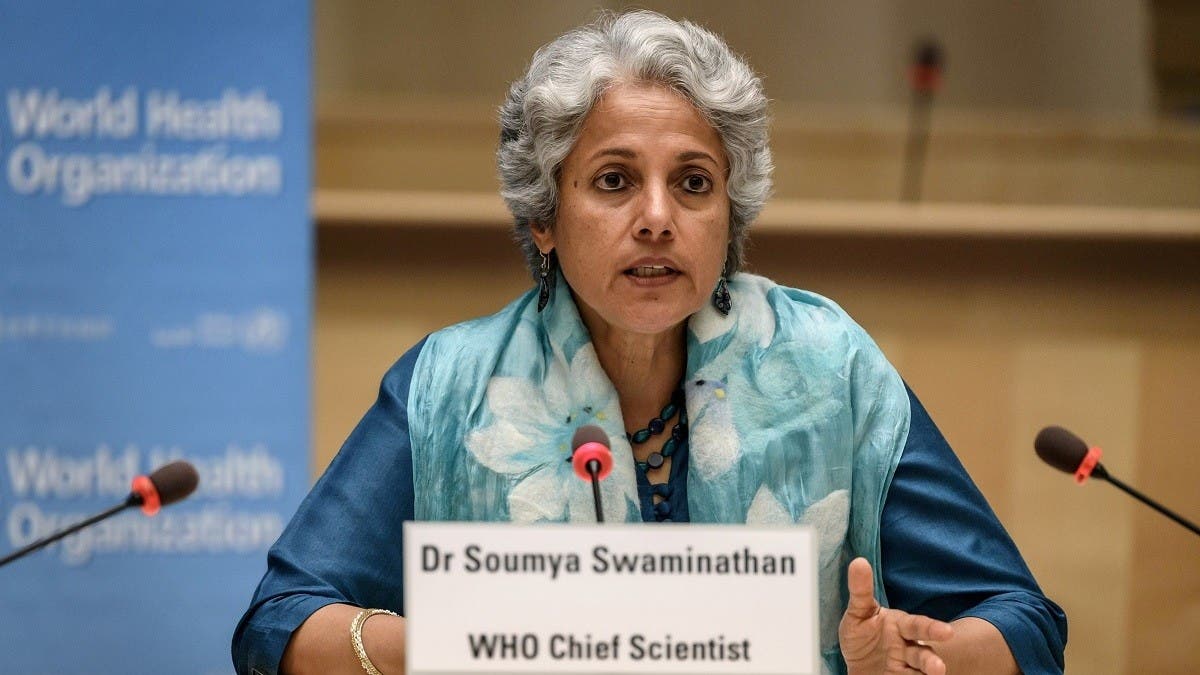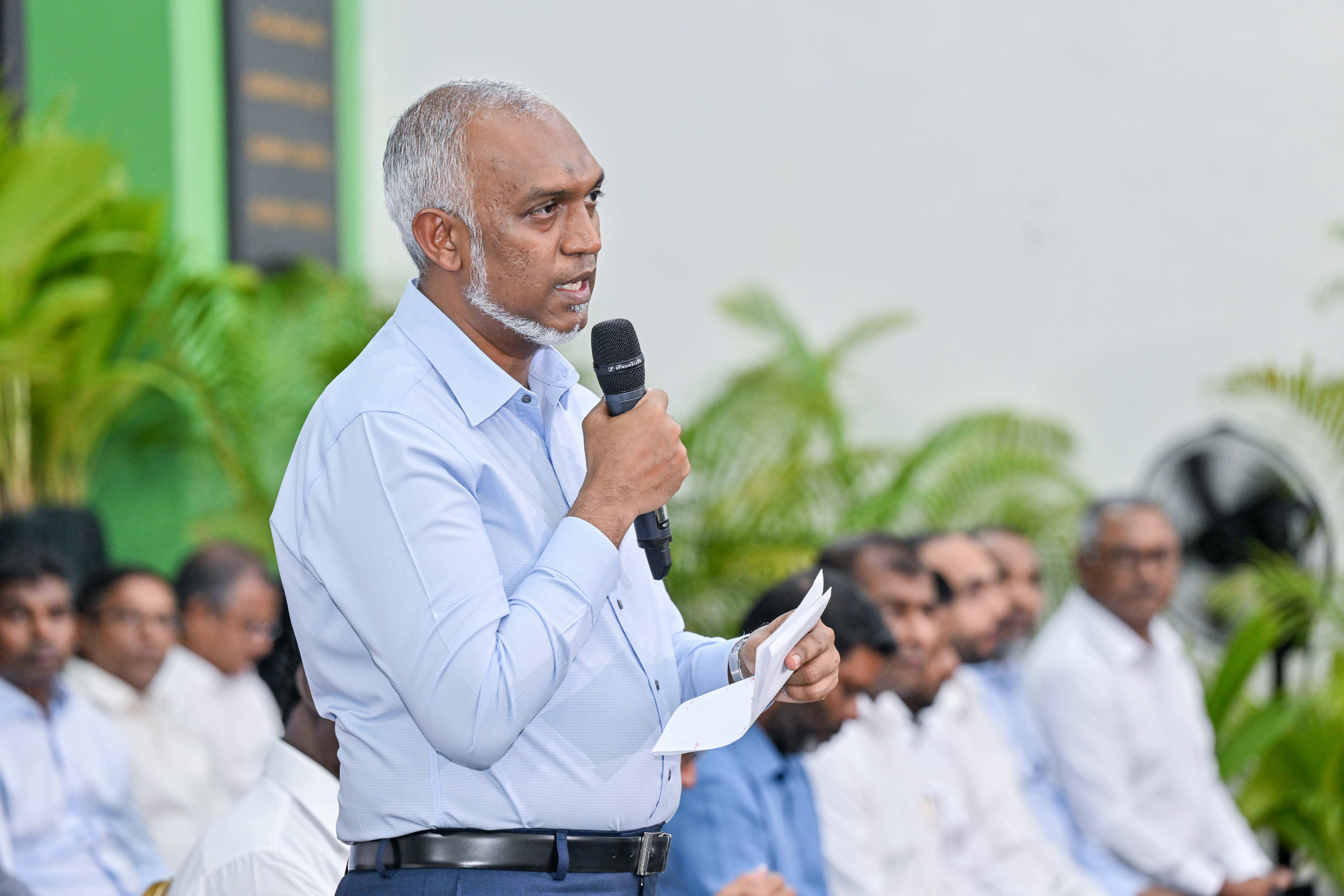The World Health Organization’s (WHO) chief scientist Soumya Swaminathan on Friday urged people not to panic over the emergence of the Omicron coronavirus variant and said it was too early to say if COVID-19 vaccines would have to be modified to fight it.
Speaking in an interview at the Reuters Next conference, Soumya Swaminathan also said it was impossible to predict if Omicron would become the dominant strain.
“How worried should we be? We need to be prepared and cautious, not panic, because we’re in a different situation to a year ago,” Swaminathan said.
While the emergence of the new variant was unwelcome, she said the world was much better prepared given the development of vaccines since the start of the COVID-19 pandemic.
The Omicron, also known as B.1.1.529 variant, was first reported to WHO from South Africa on 24 November 2021. The discovery of Omicron, dubbed a "variant of concern" last week by the World Health Organization, has sparked worries around the world that it could resist vaccinations and prolong the nearly two-year Covid-19 pandemic. It has now spread to more than a dozen countries.
“We need to wait, let's hope it’s milder ... but it’s too early to conclude about the variant as a whole,” Swaminathan said of what was known about Omicron.
“Delta accounts for 99 percent of infections around the world. This variant would have to be more transmissible to out-compete and become dominant worldwide. It is possible, but it’s not possible to predict.”
Speaking in an interview at the Reuters Next conference, Soumya Swaminathan also said it was impossible to predict if Omicron would become the dominant strain.
“How worried should we be? We need to be prepared and cautious, not panic, because we’re in a different situation to a year ago,” Swaminathan said.
While the emergence of the new variant was unwelcome, she said the world was much better prepared given the development of vaccines since the start of the COVID-19 pandemic.
The Omicron, also known as B.1.1.529 variant, was first reported to WHO from South Africa on 24 November 2021. The discovery of Omicron, dubbed a "variant of concern" last week by the World Health Organization, has sparked worries around the world that it could resist vaccinations and prolong the nearly two-year Covid-19 pandemic. It has now spread to more than a dozen countries.
“We need to wait, let's hope it’s milder ... but it’s too early to conclude about the variant as a whole,” Swaminathan said of what was known about Omicron.
“Delta accounts for 99 percent of infections around the world. This variant would have to be more transmissible to out-compete and become dominant worldwide. It is possible, but it’s not possible to predict.”


















